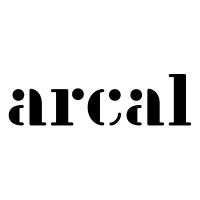Benjamin Alunni
Opera singer and vocalist
Spring 2026
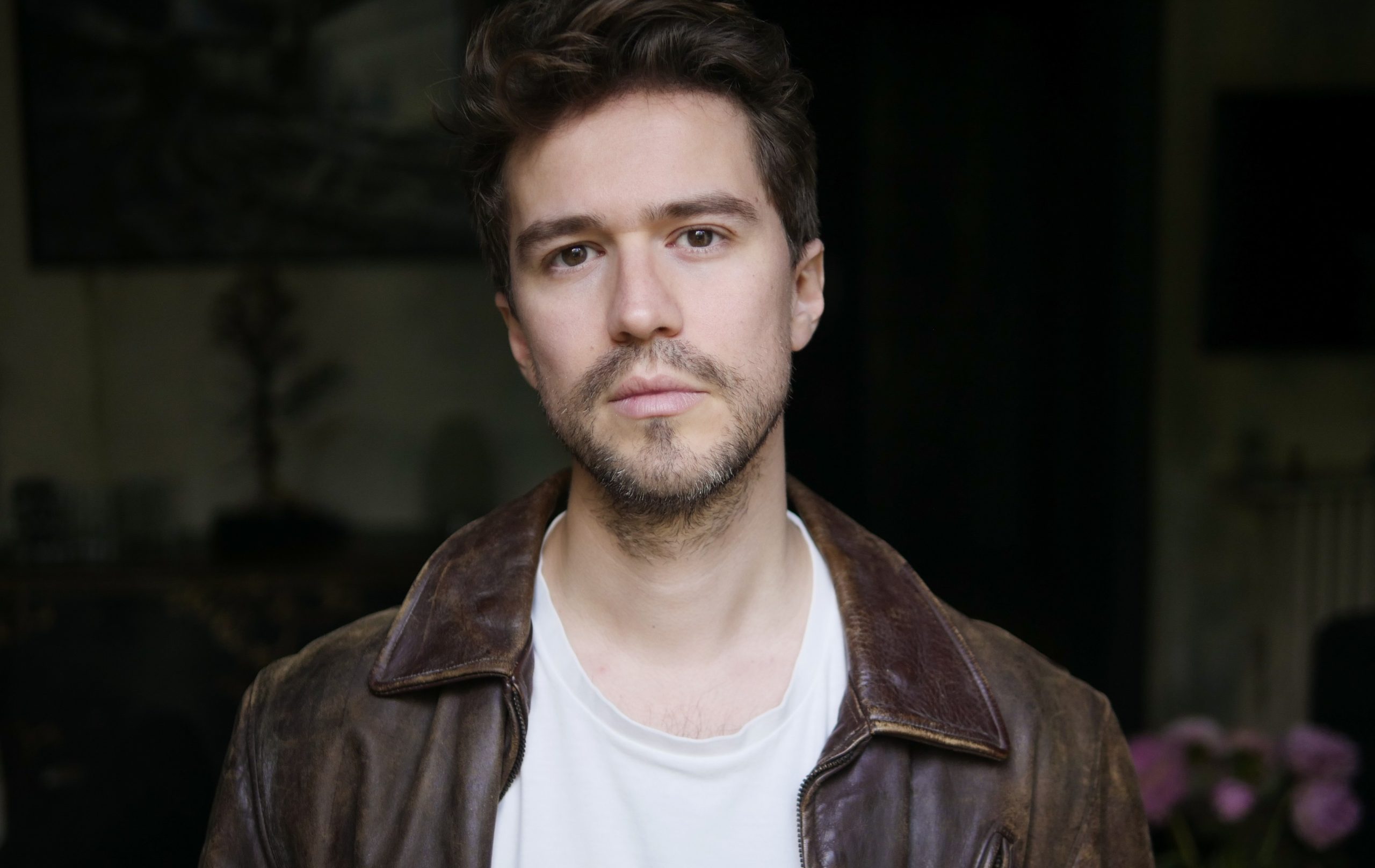
- Classical Music
“To meet those for whom the voice is a medium of resilience in the face of HIV, collect their testimonies, and make this living material the foundation of a new vocal work for voice and electronics.”
I am a lyric artist, but creation is undoubtedly the driving force behind my work. Since the very beginning, I have sought to bring research and artistic practice into dialogue, whether through the interpretation of Baroque music or in the most contemporary forms. Very early on, encounters with dance, contemporary art, and performance opened up a vast field for me: one of an art that goes beyond the role of the performer, that invents itself, forges connections, and creates meaning.
I see my profession as a space of circulation, a medium: between disciplines, between stories, between worlds. I have sung in opera houses but also in unexpected, often marginal places, where human connection is the most direct. I have worked with choreographers, composers, researchers, writers… I carry projects rooted in specific territories, such as opera in rural areas, or tied to memorial and political issues, such as those related to homophobia or reciprocal cultural influences.
What matters to me is to bring forth forms and narratives, to highlight and weave links between people and memories. My path has been built in fragments. These shards have gradually sketched out a hybrid quest. The Villa Albertine residency naturally fits into this trajectory: it will allow me to transform memory into living material.
Benjamin Alunni is a tenor, project designer, and artist-researcher. A graduate of the Paris Conservatoire (CNSMD) and the Norwegian Academy of Music, he performs internationally (Opéra Comique, Festival d’Aix–en-Provence, Lincoln Center, BAM). He develops a multifaceted practice that combines performance, research, and production through works such as Strange Land, a multilingual oratorio on exile, or a U.S. tour he conceived and produced around Franco-American friendship. In 2024, he premiered Laurent Cuniot’s Le Chant de la Terre, which received the Syndicat de la Critique Award. (He is completing a master’s degree in cultural management at Paris Dauphine.)
My project for Villa Albertine is part of a research-creation approach exploring singing as a medium of resilience in the face of HIV. It is based on a series of field investigations in New York, at the crossroads of sung voice, LGBTQ+ memory, and vocal practices.
In 2023, together with composer Omer Barash, we created a work for voice and electronics at IRCAM, based on homoerotic letters found in a medieval tomb in Cairo. In 2025, I came across a haunting photograph: a gay choir in San Francisco, decimated by the AIDS epidemic, with only seven survivors looking into the lens. These two artistic elements reactivated a childhood memory in me—the TV news broadcasts, the prevention campaigns, the silence.
I am not seeking to fill a gap in the operatic repertoire, but to understand what singing can still generate today: as a space for healing, resistance, and reconstruction. The residency will allow me to meet people for whom singing—alone or in a choir, amateur or professional, across all styles—has been an act of survival, a gesture of memory, or a social bond.
I will collect their testimonies while working in parallel with researchers, activists, and archives. These narratives will form the material for the libretto of a new vocal work, created with Omer Barash within Columbia’s Computer Music Center. It will not be a requiem, but a sensitive, political, living creation—at the intersection of singing, listening, and absent voices.
New York interests me both as a city-archive and as a world-city shaped by struggles, memories, and artistic practices tied to the history of HIV. What draws me to this territory are the people and places where the act of singing becomes a gesture of resistance, remembrance, or healing—whether amateur or professional, ritual, experimental, community-based, or popular.
I want to meet people for whom singing in a context of epidemic, stigma, or mourning has been a vital act. My focus is as much on survivors as on younger generations. What I seek to collect are stories of voices: lived, carried, transformed.
I plan to work with institutions such as GMHC, Act Up New York, the AIDS Memorial, the New York Public Library, or Columbia University. But I also want to go to less visible places, where voices circulate differently.
For me, New York is a living territory, where vocal practices continue to bring forth collective, embodied, sometimes forgotten narratives. It is within this in‑between space, between the intimate and the communal, that I wish to root my approach.
In partnership with
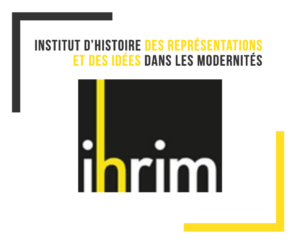
Institute for the History of Representations and Ideas in Modernity
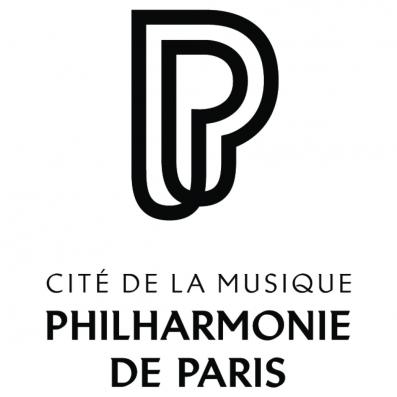
Cité de la musique – Philharmonie de Paris
Located in the heart of the Parc de la Villette in northeastern Paris, the Cité de la Musique – Philharmonie de Paris is a unique musical complex that attracts nearly 1.5 million visitors each year.
It offers an ambitious and eclectic program (450 concerts and 2 to 3 temporary exhibitions per year), while fully embracing its social and societal role. The institution aims to make its programming accessible to all audiences, regardless of age, social background, or geographical origin. It also strives to make gender equality, diversity, and eco-responsibility integral parts of its mission. In this spirit, it created the Maestra Conducting Competition with the Paris Mozart Orchestra and develops numerous initiatives across the country in partnership with local communities, such as the Démos children’s orchestra project. The Philharmonie also leads international cooperation and partnership projects with cultural institutions in countries such as the United States, Brazil, Gulf states, and various European nations.
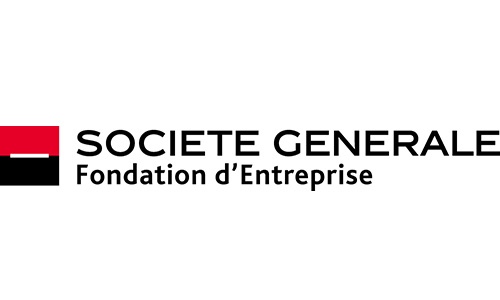
Societe Generale Foundation
The Societe Generale Foundation contributes to the development of a more inclusive and sustainable society by supporting initiatives that generate a positive social impact in the fields of Education, Culture and the Environment. Driven by an entrepreneurial spirit, it provides support to structures of general interest and cultural organizations that carry out projects with a high impact potential, whether they are incipient or large-scale initiatives. The Foundation operates in France, at both national and regional level, and also supports multi-country or internationally oriented projects.
As a major partner of Villa Albertine’s residencies, the Societe Generale Foundation is committed, through this exceptional partnership, to supporting the career development of artists and promoting artistic excellence. It contributes to transatlantic dialogue through the arts and to the international reach of French culture. The Foundation particularly supports the development of classical music within the residencies through a dedicated call for projects, continuing a commitment of more than 38 years in this field. This partnership also builds upon the Societe Generale Group’s ongoing support of contemporary art for the past 30 years, notably through a collection of nearly 1,800 works — paintings, graphic arts, photographs and sculptures — by French and international artists. Through these commitments, Societe Generale reaffirms its dedication to artistic creation and excellence, in France and internationally.
For more information, visit https://fondation.societegenerale.com/en.
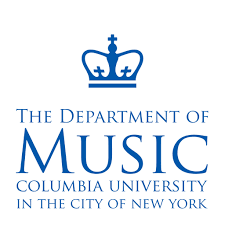
Columbia University – Department of Music



